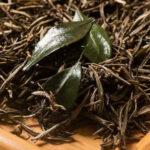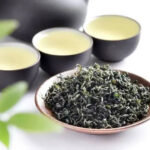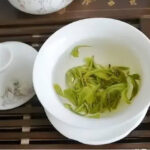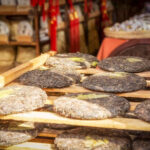The “handcrafted award-winning teas” found in stores are often a sales strategy by shop owners. If they can’t confidently label their teas with their own unique characteristics, their quality is likely not exceptional. Moreover, producing handcrafted tea requires skilled artisans, making these teas expensive for the average consumer who may end up paying a premium for mere hype.
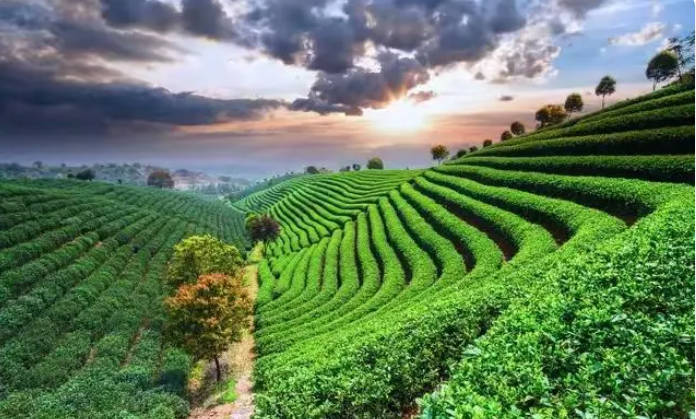
3. Organic Selenium-Enriched Teas
People are increasingly seeking organic foods, which require significant investment in cultivation and yield much lower quantities. Selenium-rich products are particularly favored by consumers. However, growing selenium-enriched tea trees involves substantial fertilization or cultivating them in selenium-rich soils.
Organic selenium-enriched teas have become common in the market, and simply labeling tea as “selenium-enriched and organic” can significantly increase its price. Yet, the costs associated with managing, cultivating, and harvesting these teas are high, leading to expensive prices and limited availability for regular consumers. Hence, many of these teas sold as organic selenium-enriched are mere marketing gimmicks, where you could end up paying a high price for subpar tea.
“Tea has no fixed flavor; what suits your palate is precious.” Ultimately, drinking tea is about quenching thirst and enjoying trustworthy brews. If these three types of “gimmick teas” can’t even showcase their own unique traits, purchasing them may only result in wasted money.

